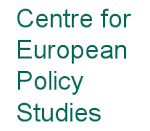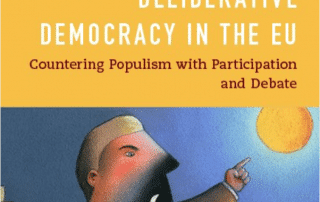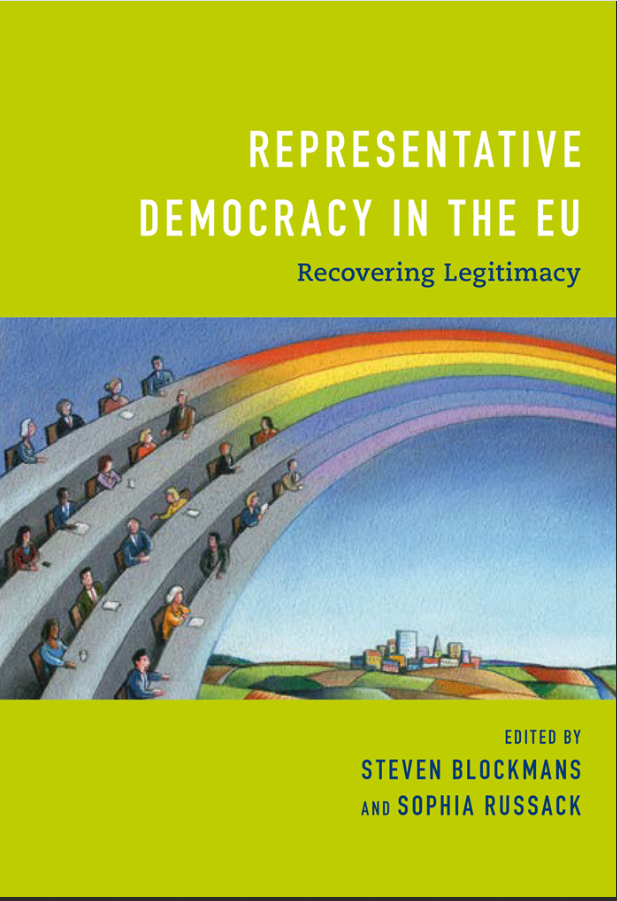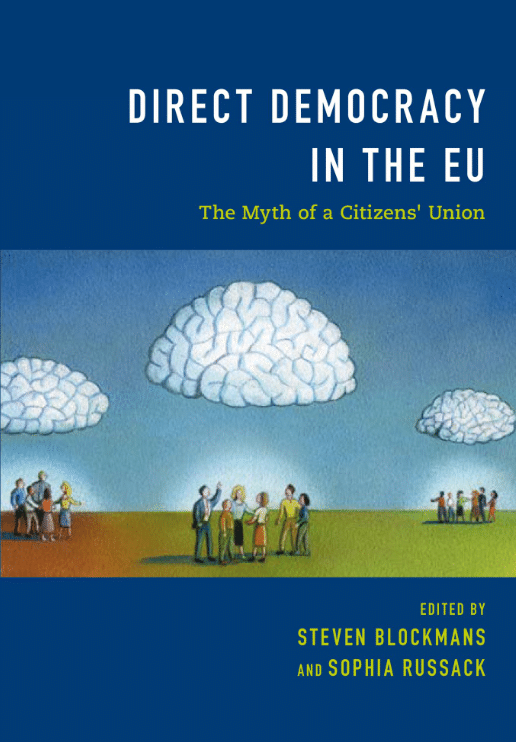Towards a Citizens’ Union (2CU)
PROJECT PARTNER
The project Towards a Citizens’ Union (2CU) was led by CEPS (https://www.ceps.eu/) and gathers 20 think tanks and member organizations of The European Policy Institutes Network (EPIN) including the Austrian Society for European Politics (ÖGfE).
At the grassroots level, citizens’ perceptions have drifted a long way from the European ‘demos’ imagined by the architects of modern Europe. European integration is often perceived as an elite-driven project that is too remote from ordinary citizens. The ‘polycrisis’ that has plagued the EU for the past few years has led to a cacophony of voices calling for fundamental change to the European integration project.
While the leaders of the EU institutions and member states increasingly invest their hopes in reviving ‘output legitimacy’ by delivering on policy objectives (e.g. shoring up security and defence cooperation, reform of the eurozone and the Schengen area, striking up progressive trade deals), the democratic legitimacy problem has in effect been left to fester. The (perception of) non-transparent decision-making continues to feed into popular frustration about how governments and EU institutions operate. The risk of an even greater negative feedback loop is therefore real.
Against this backdrop, 20 EPIN partners have joined forces in a three-year research project. The ‘Towards the Citizens’ Union (2CU)’ project is concerned with the two-pronged question of i) how the relationship between citizen, state and EU has changed, and ii) whether and how direct democracy (volume 1), representative democracy (volume 2) and the accountability of democratic institutions (volume 3) can be improved in a multi-layered EU. As such, 2CU uses the phenomenon of populism not so much to engage with policy, but as a research handle to assess process and polity. All three volumes were published with Rowman & Littlefield International.
Project team meetings and public outreach events took place in Berlin, Brussels, Athens, Copenhagen and Warsaw throughout the whole project.
This project was co-funded by the European Commission under its Erasmus+ Jean Monnet programme.







